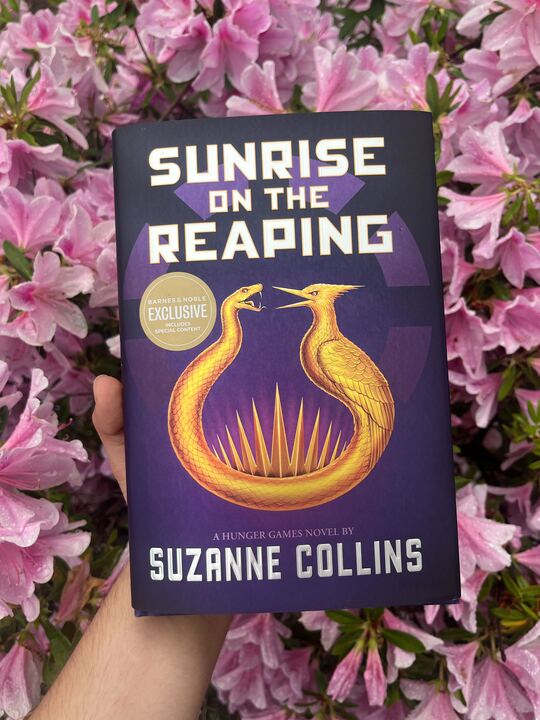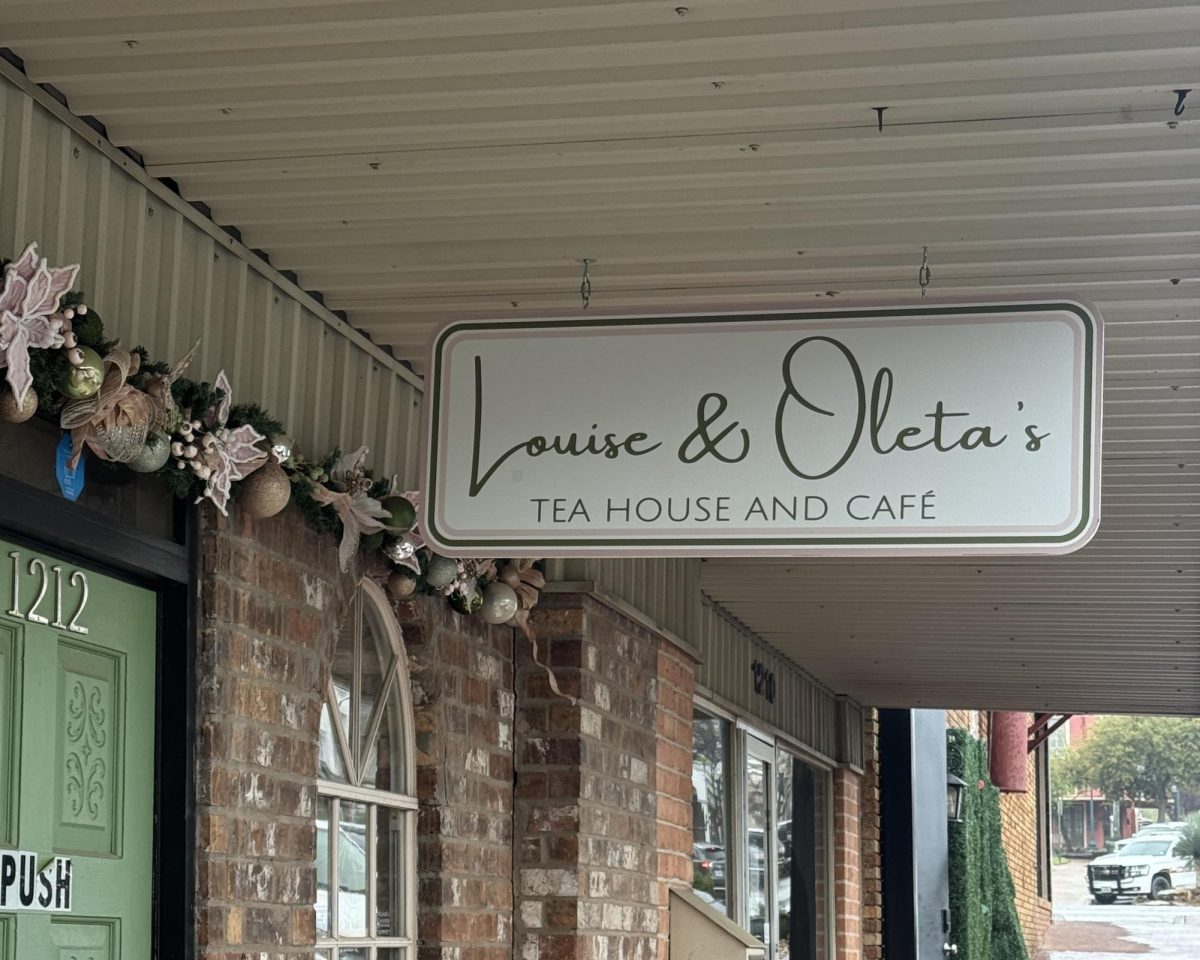Sam Houston State University’s, Center for Diversity and Intercultural Affairs hosted its 13th annual Diversity Leadership Conference on February 9 and 10. The goal of the conference was to provide “an equal opportunity environment” and “ensure that the word “diversity” is not being used for decoration”, but rather “making sure that every voice is being heard at the table.” Amongst those in attendance were keynote speakers, Michael Sam (the first openly gay man to be drafted to the NFL), James Robilotta (a professional speaker and personal coach advocating for social justice), and Zohra Sarwari (a Muslim professional speaker advocating for tolerance towards people of all backgrounds).
Also in attendance was a heterosexual, white, protestant, male from what Neighborhoodscout.com describes as the 34th safest city in the Unites States, me.
The interest in Michael Sam was clear; the first openly gay player drafted to the NFL! Yet here lies the benefit of coming to hear people speak in an environment with speakers that have beliefs differing from your own. As I listened to Michael Sam, I realized, he is an individual. Michael Sam’s sexuality is not the only thing that defines him. The news reports about Sam and constant ESPN coverage do not tell you how he grew up in a lower class neighborhood in Hitchcock, Texas. How one by one those family members that were extremely important to him departed from his life from either death or abandonment. His story runs much farther and deeper into your heart than any short summary could reveal. He is truly someone that survived a great deal of tragedy and loss. Yet, undeniably so, his story is always given within the context of Sam being a member of the LGBTQ community.
Sam’s story led me to a broader point. Increasingly we have become accustomed to being put in an electoral category; the evangelical community, black community, LGBTQ community and so on. Behind these “communities,” the eternally wise political pundits have created, are people, individuals with different experiences and different beliefs. As the dividers divide we are deceived into thinking we must belong to these communities and in order to support our interests we must join these movements.
In the audience of the annual Diversity Leadership Conference I found a subtle uniformity. Black and Hispanic men and women some of which that are homosexual and/or transgender dominated the crowd. In other words, the “community” that is experiencing every day the subtle and not so subtle aggressions about who they are were in attendance.
Today we can search no further than the tiny computers in our pockets and purses to find a public proclamation of protest, marches in the streets turning into riots covered 24×7 hours on channels that make their money on continuing the cycle of destruction. The boycotts, marches and sit ins are a method of protest and force for change of another era. In this uncivilized world, we must embrace an ambitious amount of civility. A better way to create dialogue between groups that are kept a part is the Diversity Leadership Conference, where the theme was “a seat at the table.” Those like myself are offered a seat at the table at the Diversity Leadership Conference. We must take that seat. Messages of unity these days seem to always feel like veiled insults to the “communities” that are outside of the room, to the supposed “other” people that refuse to accept progress. Rejecting this current state of bitterness between fellow Americans will not be achieved by more of the same. An individual effort must be made; a willingness to take a step in those rooms that feel as if the walls are warping, bending to collapse upon you. Yet as you realize you are still standing tall and the legitimacy of your own beliefs have not wavered, kindness and respect become the remedies to your insecurity.
Teja Arboleda, speaker of the workshops “Overcoming Bias” and “Healing Racism,” reminded me of a very simple but important thing, the difference between sympathy and empathy. Empathy, the ability to identify with another’s feelings and sympathy, when you feel bad for someone else who’s going through something hard. There was a lot of empathy in the Lowman Student Center Ballroom Friday evening and half the day on Saturday, but not enough people willing to understand that they have no comprehension of what others in the room have been through. There were plenty of people who have felt the emotional burden of actions by others, however intentional or not. They could identify with the experiences of people on the other side of the ballroom table, the racial biases. The homophobic abuses were all too common. In these venues, we need not an understanding or a “putting of people in their shoes” but simply a recognition of pain from people like me, the White males from safe cities.







